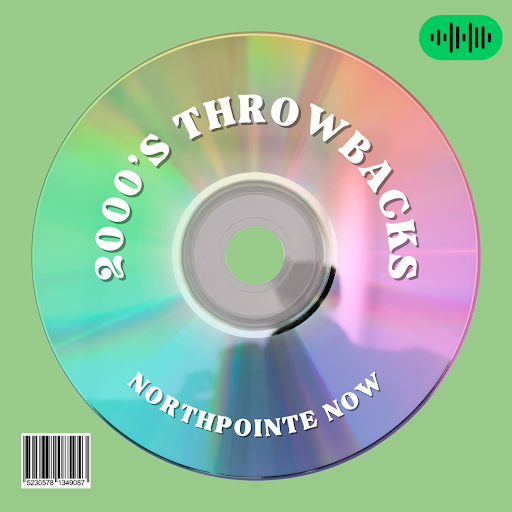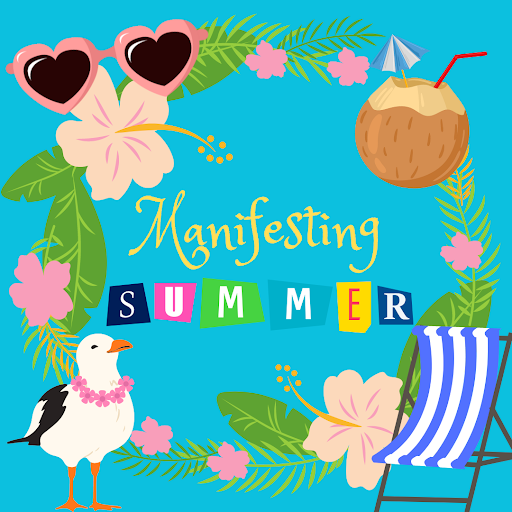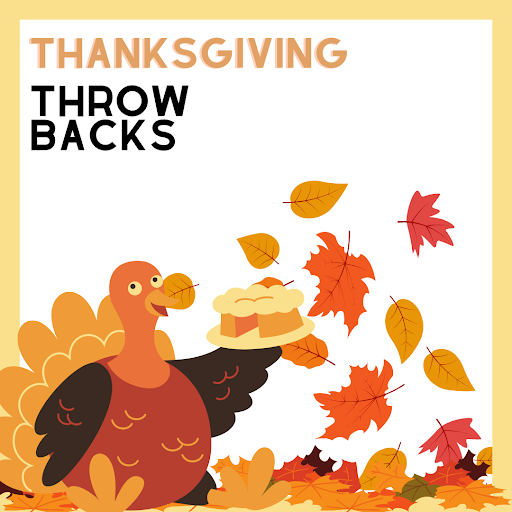Tutors, story-telling and more study tips
October 2, 2015
Tutoring:
Time and again, tutoring has been proven to help students perform better on standardized tests. According to the California Research Bureau, this is especially true in the areas of language arts and math.
Senior Will McNelis received ACT tutoring from English teacher Kristen Alles.
“She definitely gave me some tips that bumped up my score. After I would visit her and re-take it, my score would go up,” McNelis said.
Students with guided help have more confidence in learning and are more likely to receive higher scores.
“The first one I took without really studying that much, and that was right after my sophomore year just to get a feel for what it was like. Then I used these books, and I took a bunch of practice tests, and I just kept practicing and getting my time down,” McNelis said.
Junior Francesca Leone finds tutoring helpful and plans on using one to prepare for her SATs later this year.
“I will probably have a tutor come to my house, and I’ll probably do a whole bunch of practice tests and then have a tutor come work with me,” Leone said.
Move around:
Moving study sessions from the kitchen counter to the nearest coffee shop can actually boost learning. A 2008 study by The National Center of Biotechnology Information proved that the brain becomes stronger when forced to associate the same material with new locations.
English teacher Kathy Sexton says taking breaks and moving around is helpful to her.
“I can’t sit in one place for too long. I lose focus, and I lose interest,” Sexton said. “Once I find a place where I can be most productive, I like to stick with that, and I think for each person, it’s different.”
McNelis considers studying in a new location to be ideal but feels it can potentially take up valuable studying time.
“It’s not always the easiest thing to do whenever you’re in a situation that you need to prepare for something that is approaching,” McNelis said. “(But) while I’m studying the same thing, I have found it to be helpful to focus on the material more and look at it in a different way.”
Similarly, Leone prefers to stay home and study but likes to alternate when she does.
“If there are people home, (I stay) in my room because I know that it is quiet, but if there is nobody home, I like to spread everything out on my kitchen table, and it helps when it is not all cluttered on my bed,” Leone said.
Switch it up:
Alternating between topics while studying is beneficial according to a 2010 study from the University of South Florida.
Leone finds switching topics is helpful, especially when it comes to studying vocabulary words.
“If I am doing stuff that is different (after) vocab, (switching) really helps because if you are thinking about another thing, you’re really testing yourself to see if you remembered,” Leone said.
Conversely, McNelis finds repetition more helpful so he knows that he has that topic down before he goes off and does something different.
“If you are learning it for the first time, then you (should) practice one particular thing and focus and put your attention on that,” McNelis said.
McNelis thinks switching it up is helpful only when there is a test on different concepts.
Write it out:
When the mischievous little kid in a TV show is punished and tasked with repeatedly writing “I will not cheat,” he is actually retaining the concept better.
Hand writing material more than once has been proven by a Anne Mangen and Jean-Luc Velay’s 2010 study to help store more information.
Freshman Nina Kozik often uses this technique before exams.
“I look over my notes, and then I just write down everything I remember and see what I missed in my notes and work on those things,” Kozik said.
While it is proven helpful, McNelis doesn’t think it is the best studying strategy for himself.
“I find it so monotonous and unhelpful because I can’t get myself to do it and concentrate on doing something like that,” McNelis said. “I write it down, but copying it over I don’t think helps me.”
Tell a tale:
According to a 2012 article by Katya Margolin, putting the information you need to remember into a detailed story can make it easier to remember and make it more meaningful.
Sophomore Sam Karwowicz uses this method in science or math when she has to memorize different equations or words.
“I think this method is cool and interesting,” Karwowicz said via email.
McNelis finds this strategy helpful when he wants some context about a word or more information behind it.
“I may look at certain examples of the word and look up different ways it has been used so I can get an idea of the full aspect of the word,” McNelis said. “It is hard to do that for some subjects, but whenever you can use it, it works well.”
Keep mindlessly staring at that open textbook, even with these tips? Check out more study advice here.












